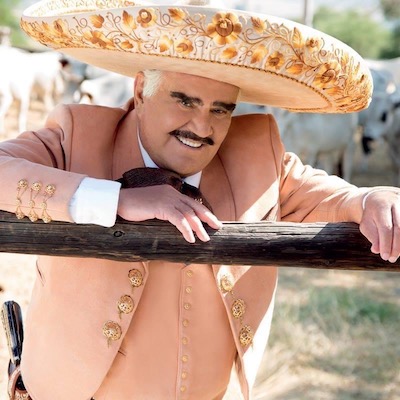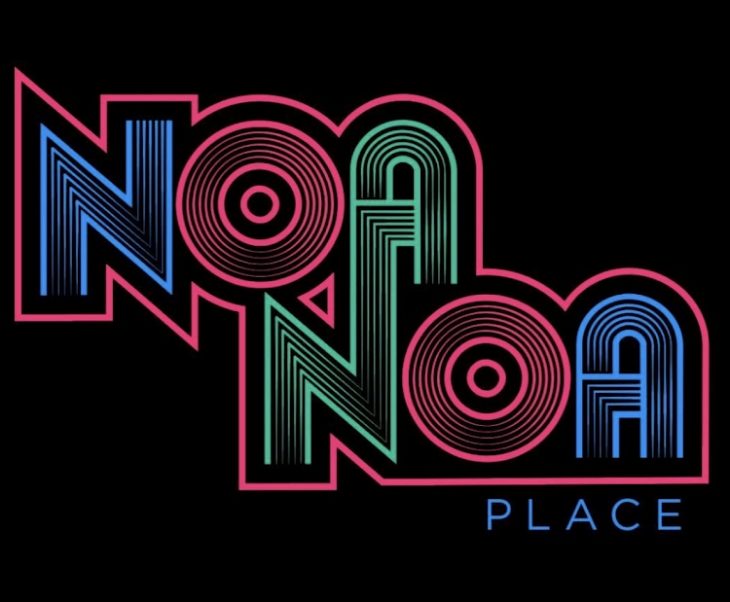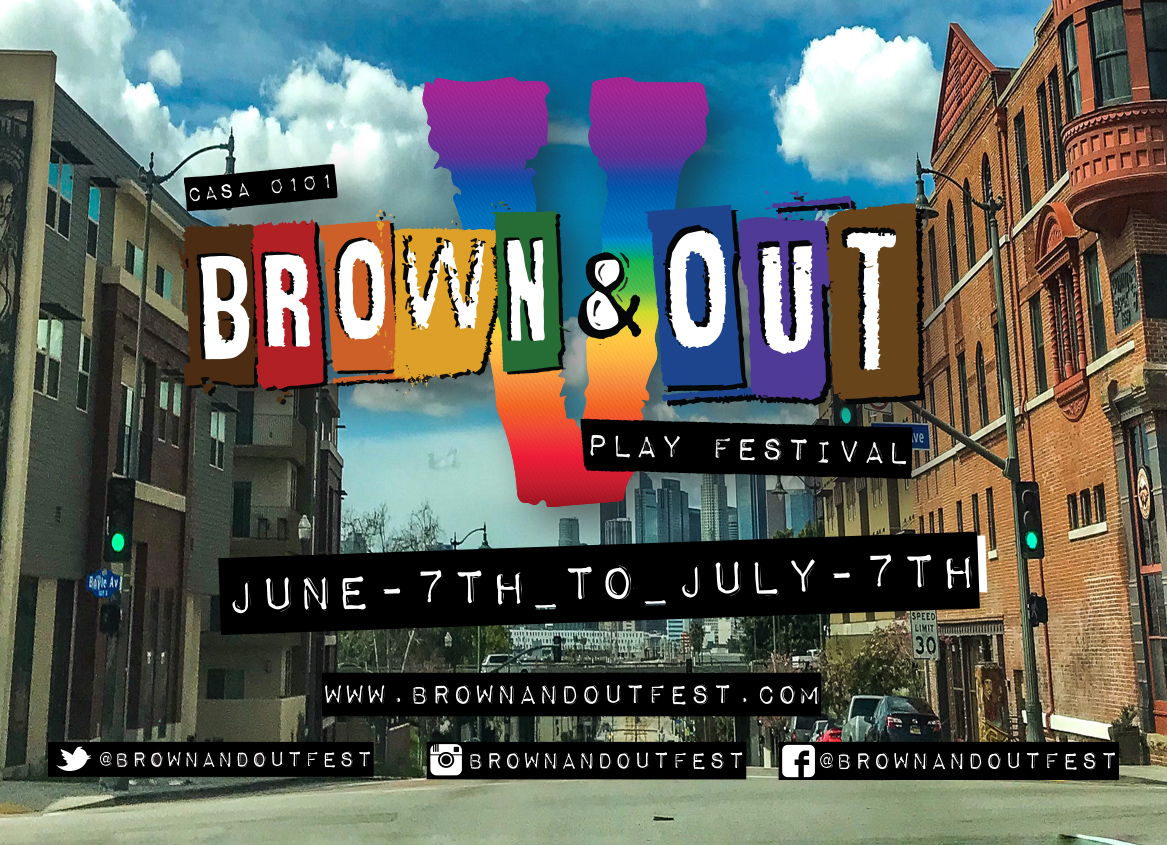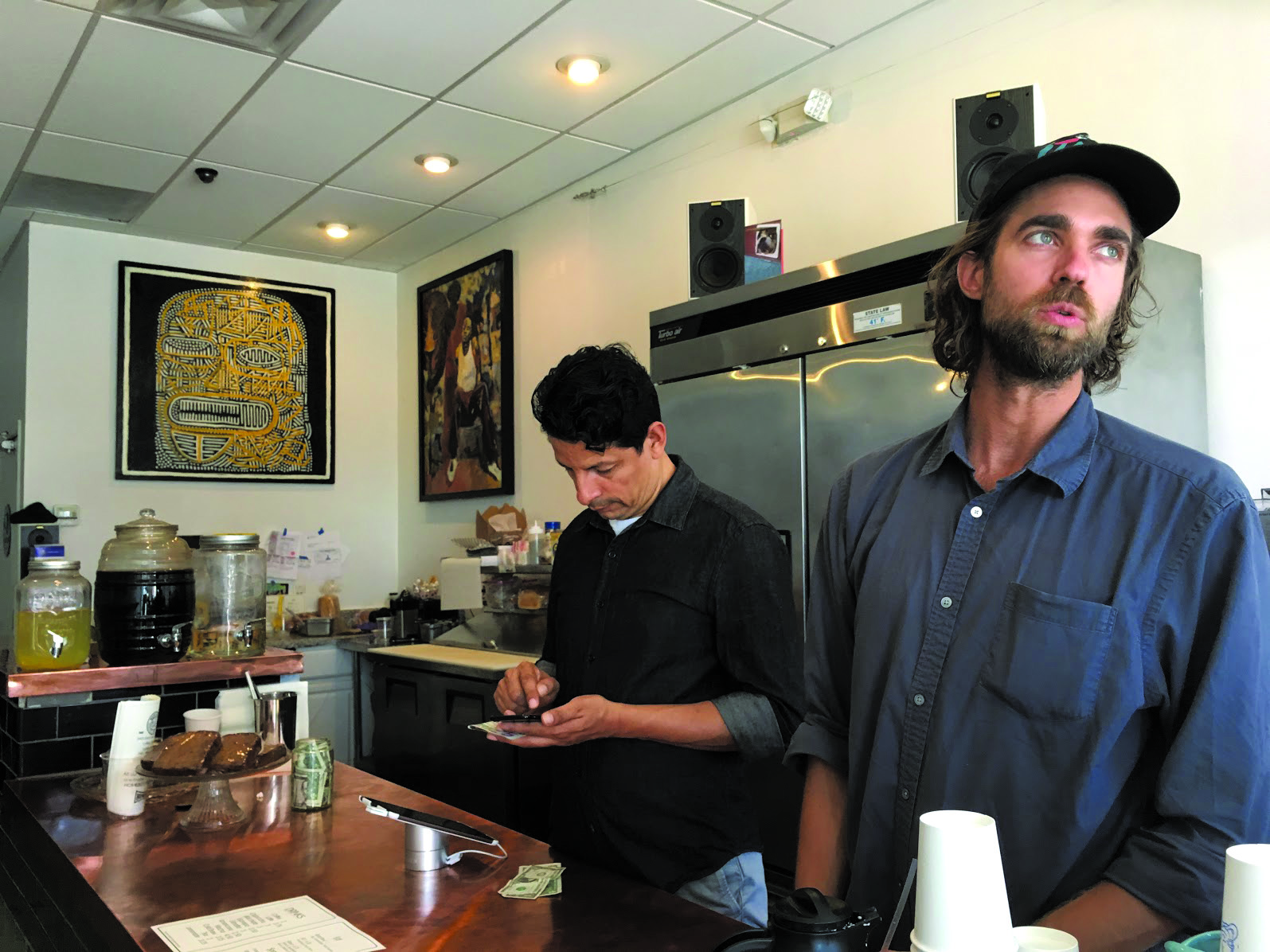As far as symbols of impending (or even complete) neighborhood gentrification go, the a newly-opened brewery doesn’t fall far behind a newly-opened coffee shop. In fact, it might even come in front of it in the grand scheme of things. So how come, after weeks of protesting the much-contested Weird Wave Coffee on Cesar Chavez Ave., have Boyle Heights activists neglected to say or do anything about Dry River Brewing, the new environmentally-conscious brewery that just officially opened its taproom to the public?
Dry River Brewing had its official tap room soft opening in late June, around the same time that protesters started showing up en masse to encourage Boyle Heights residents to boycott Weird Wave. And though Weird Wave might seem a more obvious token of gentrification than a brewery that’s open only a few weekends a month at this stage, the fact that Dry River – a brewery that was in the works long before the end of California’s years-long stretch of drought – has opened without fanfare seems strange in light of the recent controversy.
In terms of the brewery itself, it seems – much like Weird Wave – and unlike the recently shuttered spate of art galleries to pop up in the neighborhood – to fill a need, or at least a desire, in the Boyle Heights community. But then again, so does The Indie Brewing Co., a brewery that stands extremely close by, and whose facility Dry River uses to ferment their own product. That, plus the tap room, is Dry River’s distinction. The idea of making “slow” beer, which takes time (obviously,) while prioritizing ingredients and energy- and water-saving methods over a quick product, is what puts Dry River apart from the rest of the trendy breweries that tend to start popping up in newly-gentrified or gentrifying areas. The beer is aged in wine barrels and left to its own devices for long periods of time, distinct from the traditional beer-brewing method of using steel barrels for shorter periods of time. Dry River’s approach to beer is fully local – brewers ferment and flavor their product with local hops, as well as unused food from nearby groceries. They’re also trying to conserve water, by using about half the amount the average brewery uses in the brewing process – an ambitious project that Dry River’s owner, Dave Hodgins, hopes to realize in the next few years. That is, if they can stay in the neighborhood long enough.

















